Country music bands have shaped the landscape of American music for generations. From pioneering harmonies to genre-bending innovations, these groups have transformed what started as simple folk tunes into a global phenomenon. Their stories reveal how collaboration, creativity, and sometimes controversy can create musical legacies that stand the test of time.
1. Alabama
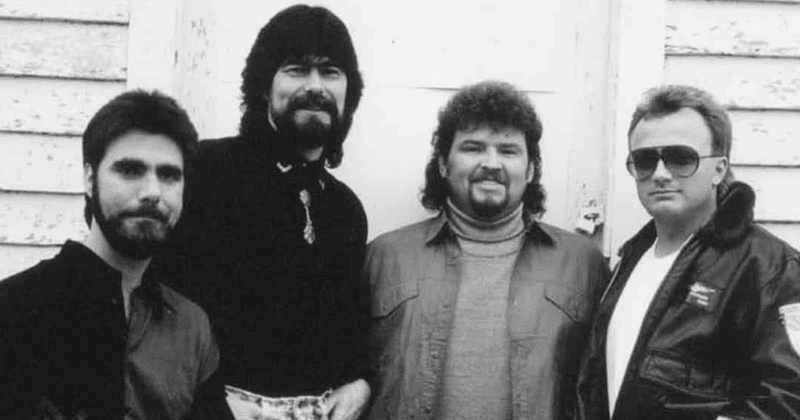
When cousins Randy Owen, Teddy Gentry, and Jeff Cook formed Alabama in the 1970s, they couldn’t have known they’d revolutionize country music forever. Their secret weapon? Blending traditional country storytelling with irresistible Southern rock grooves and pop sensibilities.
With an astonishing 40+ number one hits including classics like “Mountain Music” and “Song of the South,” Alabama didn’t just dominate charts—they created a blueprint for band success in a genre where solo artists had always reigned supreme. Their influence runs through virtually every country band that followed.
Even today, their perfect harmonies and authentic connection to rural American life remain the gold standard for country groups seeking both commercial success and artistic respect.
2. The Chicks
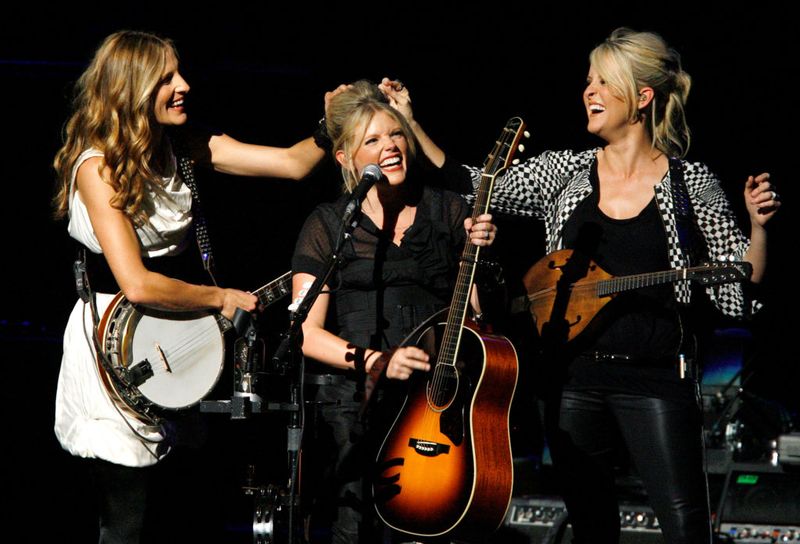
Three women with fiddles, banjos, and unmatched vocal harmonies changed country music forever. Natalie Maines, Martie Maguire, and Emily Strayer brought traditional instruments back to mainstream country while selling over 33 million albums worldwide.
Their 1998 album “Wide Open Spaces” became the best-selling album by a female country group in history. But their legacy extends beyond commercial success—their willingness to speak truth to power, particularly regarding the Iraq War, demonstrated unprecedented courage in an industry known for playing it safe.
The backlash they faced reshaped conversations about politics, gender, and artistic freedom in country music. Today’s female artists regularly cite The Chicks as inspiration for both their musicianship and integrity.
3. Rascal Flatts
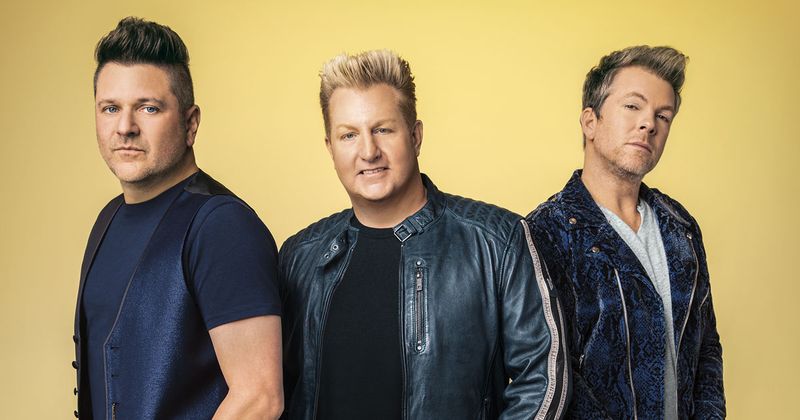
Gary LeVox’s soaring tenor vocals transformed country music radio in the early 2000s. Alongside Jay DeMarcus and Joe Don Rooney, Rascal Flatts created a polished sound that appealed to listeners who might never have considered themselves country fans.
Their emotional delivery on ballads like “What Hurts The Most” and “Bless The Broken Road” showcased vulnerability rarely heard from male country artists at the time. The trio’s crossover appeal helped country music reach suburban and urban audiences, expanding the genre’s commercial potential.
Though sometimes criticized by traditionalists, their slick production values and pop sensibilities paved the way for today’s country-pop sound. Current chart-toppers like Dan + Shay clearly follow the template Rascal Flatts established.
4. The Statler Brothers
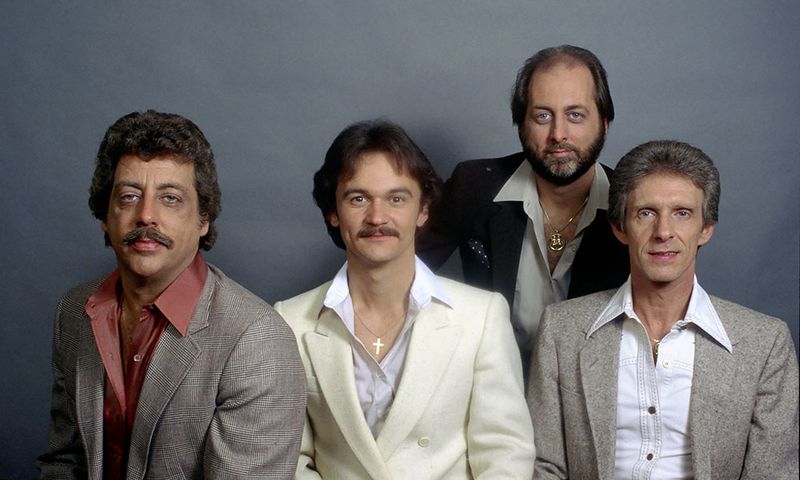
Four men in identical suits created some of the most distinctive vocal harmonies ever recorded. Harold Reid’s bass vocals anchored their sound, while his brother Don, Phil Balsley, and Jimmy Fortune (who replaced Lew DeWitt) built intricate vocal arrangements that seemed effortless.
Beginning as Johnny Cash’s backup singers in the 1960s, they quickly established their own identity with hits like “Flowers on the Wall” and “Bed of Roses.” Their music blended gospel traditions with country storytelling, creating a wholesome yet sophisticated sound that appealed across generations.
Beyond their musical contributions, their long-running TV show introduced countless viewers to country music during the 1980s and early 1990s, cementing their status as beloved ambassadors of the genre.
5. Brooks & Dunn
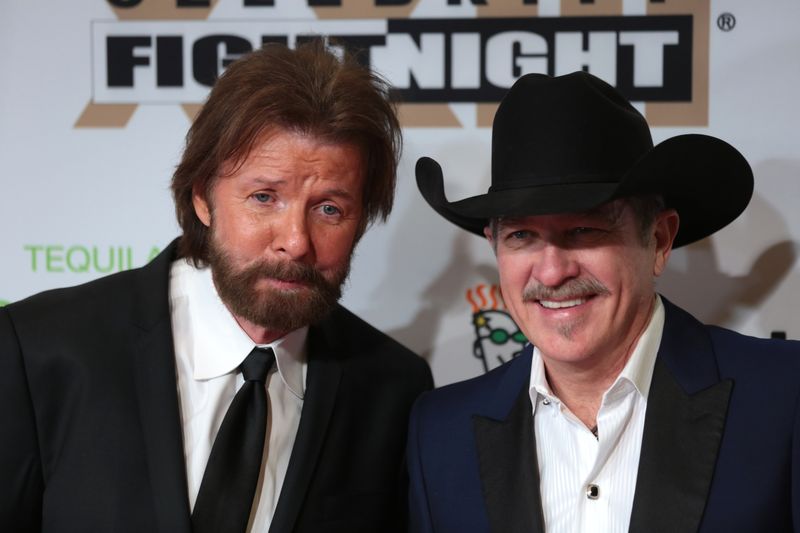
Sometimes the most powerful musical partnerships arise from contrasting personalities. Kix Brooks brought energetic showmanship while Ronnie Dunn contributed one of country’s most distinctive voices—together creating an unstoppable force that dominated country music for two decades.
Their breakthrough hit “Boot Scootin’ Boogie” helped launch the line-dancing craze of the 1990s, bringing country music into nightclubs nationwide. With 20 number one hits, they mastered both boot-stomping anthems and heart-wrenching ballads like “Neon Moon.”
After their 2010 retirement, the genre felt their absence until their 2019 reunion. Their influence lives on in contemporary duos and in the arena-ready production values now standard in country music—innovations they pioneered with their dynamic live shows.
6. Zac Brown Band
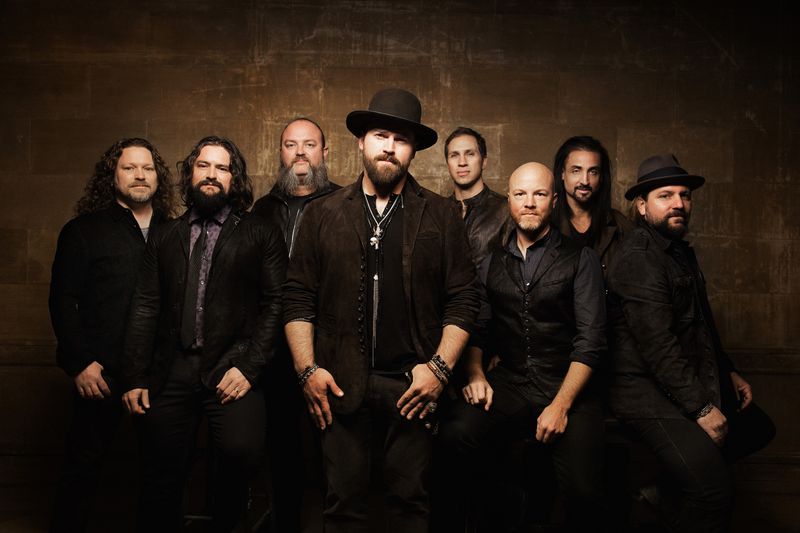
A beanie-wearing frontman with a chef’s background and exceptional guitar skills wasn’t the typical country star archetype. Yet Zac Brown and his talented collective broke rules while earning both critical acclaim and commercial success.
Their 2008 breakthrough “Chicken Fried” seemed like straightforward country, but the band quickly revealed their true colors—blending bluegrass instrumentation, Caribbean rhythms, and rock sensibilities into something entirely new. Songs like “Colder Weather” showcased their musical virtuosity while maintaining emotional authenticity.
Unlike many country acts, they prioritized instrumental prowess and live performance over studio perfection. This approach influenced a generation of bands who recognized that country music could incorporate diverse influences without losing its essential character and connection to roots traditions.
7. Nitty Gritty Dirt Band
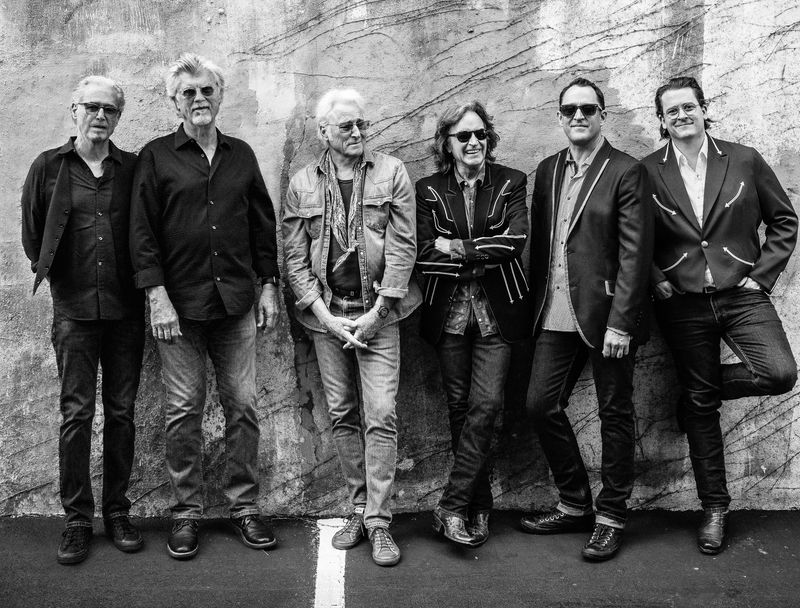
In 1972, a group of long-haired young musicians invited country legends like Mother Maybelle Carter, Doc Watson, and Earl Scruggs to record together. The resulting triple album, “Will the Circle Be Unbroken,” became one of music’s most important cultural documents.
Founded in 1966, the Nitty Gritty Dirt Band pioneered what we now call Americana music—blending folk, bluegrass, country and rock elements decades before such fusion became fashionable. Their respectful approach to traditional music helped heal the generation gap during a culturally divisive era.
Through multiple lineup changes and across six decades, they’ve remained committed to preserving American roots music while continuing to evolve. Without them, today’s thriving Americana scene might never have developed.
8. Old Dominion
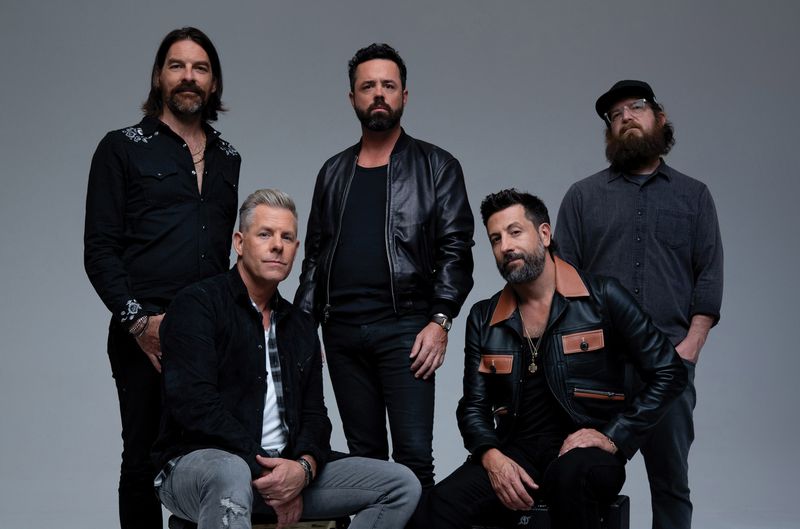
Five accomplished Nashville songwriters decided to perform their own material instead of giving their best work to other artists. This simple decision revolutionized modern country music’s sound and lyrical approach.
Lead singer Matthew Ramsey, guitarist Brad Tursi, bassist Geoff Sprung, drummer Whit Sellers, and multi-instrumentalist Trevor Rosen had written hits for Luke Bryan, Kenny Chesney, and Blake Shelton before forming Old Dominion. Their insider knowledge of hit-making combined with their natural chemistry created something special.
Songs like “Break Up With Him” and “Make It Sweet” showcase their conversational, clever lyrics and irresistible hooks. Their influence extends beyond their own success—their songwriter-forward approach has inspired countless artists to take creative control of their music rather than relying solely on outside material.
9. Little Big Town
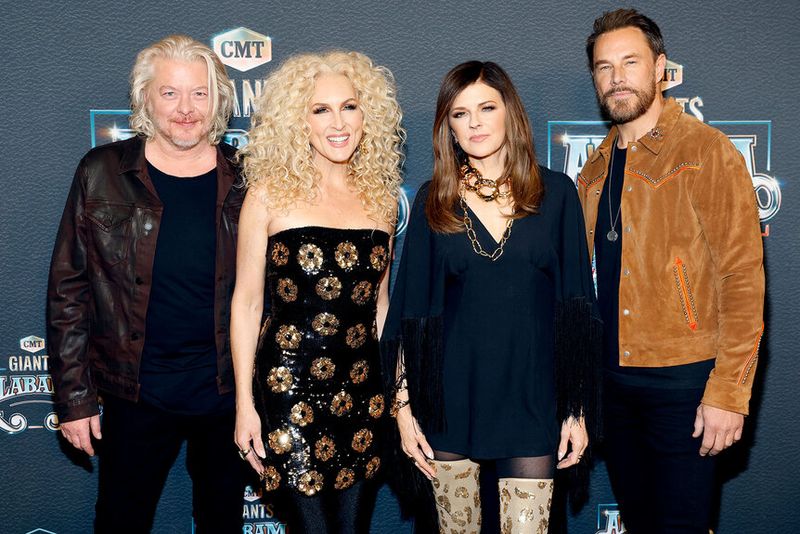
Four voices intertwine so perfectly that they become something greater than their individual parts. Karen Fairchild, Kimberly Schlapman, Phillip Sweet, and Jimi Westbrook create vocal magic that’s become Little Big Town’s signature.
Unlike most country vocal groups, they share lead singing duties equally across genders, creating a distinctive sound that stands apart in the genre. Their breakthrough came with 2005’s “Boondocks,” but it was controversial songs like “Girl Crush” that truly showcased their artistic bravery.
That 2014 hit’s ambiguous lyrics initially faced radio resistance yet went on to win multiple Grammy Awards. Their willingness to tackle complex emotions and progressive themes while maintaining commercial appeal has expanded country music’s emotional and thematic range, inspiring artists to push boundaries.
10. Asleep at the Wheel
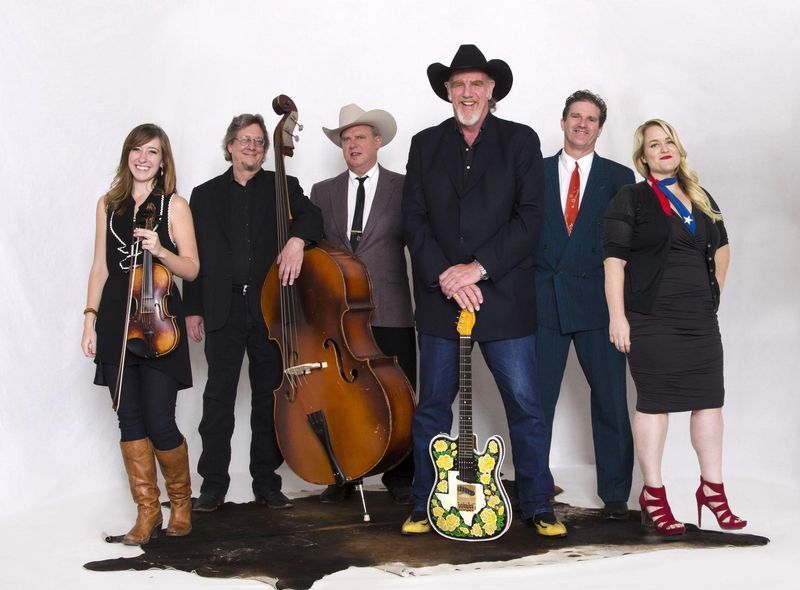
For over half a century, Ray Benson’s towering presence and deep baritone have anchored this ever-evolving collective dedicated to preserving Western swing music. Standing 6’7″ tall with his signature cowboy hat, Benson has led more than 100 different musicians through the band’s ranks since 1970.
Their mission: keeping alive the legacy of Bob Wills and his Texas Playboys—a sophisticated blend of jazz improvisation, big band swing, and traditional country that dominated dance halls in the 1930s and 40s. Through countless lineup changes, they’ve maintained the joyful, danceable spirit of this uniquely American art form.
Without their tireless advocacy, this vital piece of musical heritage might have faded into obscurity instead of influencing generations of roots musicians and traditionalists.

Comments
Loading…